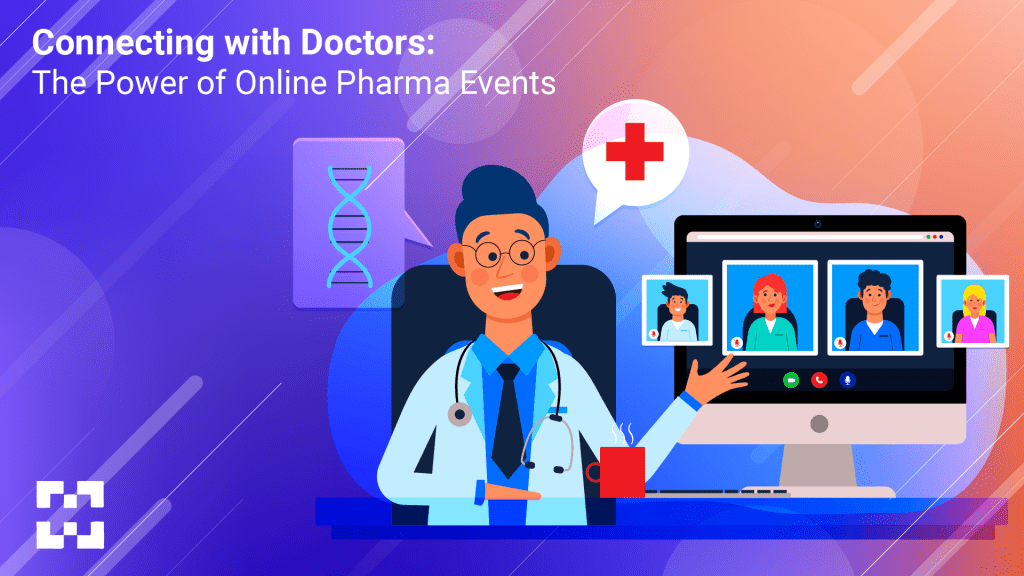
In the rapidly evolving landscape of healthcare, the need for effective communication between pharmaceutical companies and healthcare professionals (HCPs) has never been more critical. Traditional methods of engagement are being complemented and, in some cases, replaced by innovative approaches. One such groundbreaking avenue is marketing to HCPs through medical virtual events.
The Rise of Medical Virtual Events:
The emergence of medical virtual events has been accelerated by advancements in technology and the global shift towards digital communication. These events offer a dynamic platform for pharmaceutical companies to connect with HCPs, share knowledge, and showcase their latest products and innovations.
Breaking Down Geographical Barriers:
One of the most significant advantages of virtual events is the elimination of geographical constraints. HCPs from around the world can participate in conferences, seminars, and product launches without the need for travel. This not only broadens the audience but also ensures that valuable information reaches professionals in diverse locations.
Cost-Effective and Sustainable:
Traditional medical conferences involve substantial costs related to venue bookings, travel, accommodation, and logistics. Virtual events drastically reduce these expenses, making them a more cost-effective solution for pharmaceutical companies. Moreover, the sustainability aspect cannot be overlooked, as virtual events contribute to a reduced carbon footprint by eliminating the need for travel.
Personalized and Interactive Content:
Virtual events allow for personalized content delivery, ensuring that HCPs receive information tailored to their specific interests and needs. Interactive features, such as live Q&A sessions, polls, and virtual networking opportunities, enhance engagement and create a more immersive experience.
Data-Driven Insights:
Digital platforms provide robust analytics tools that offer insights into attendee behavior, preferences, and engagement levels. Pharmaceutical companies can leverage this data to refine their marketing strategies, tailor future events, and gain a deeper understanding of HCP needs.
Showcasing Innovation:
Virtual events provide a stage for pharmaceutical companies to showcase their latest products, research findings, and technological advancements. Interactive virtual booths and immersive experiences allow HCPs to explore and engage with innovations in real-time.
Compliance and Regulation Adherence:
The healthcare industry is heavily regulated, and adherence to compliance standards is paramount. Virtual events enable pharmaceutical companies to implement stringent control measures, ensuring that content and interactions comply with industry regulations.
Challenges and Solutions:
While virtual events offer numerous benefits, challenges do exist. Technical issues, lack of face-to-face interactions, and potential information overload are concerns that need to be addressed. However, embracing these challenges can lead to innovative solutions, such as tech support during events, incorporating virtual networking opportunities, and segmenting content to prevent overwhelming participants.
Marketing to HCPs through medical virtual events represents a transformative shift in the pharmaceutical industry’s approach to communication and engagement. As technology continues to advance, the potential for creating meaningful connections, disseminating crucial information, and driving innovation in healthcare becomes increasingly limitless. The future of pharmaceutical marketing lies in the seamless integration of virtual events into comprehensive, multi-channel strategies that prioritize both accessibility and personalization.





